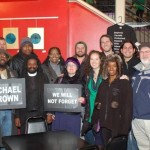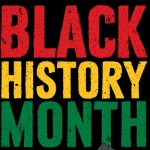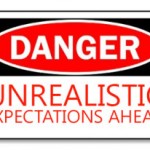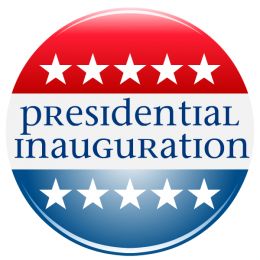President Barack Obama’s tears during his gun control speech were a long time in coming. As he recalled the 20 elementary-school children who lost their lives in the 2012 massacre in Newtown, Connecticut, the president found new fountains. While the president has shed tears before, this time was different. I’m no psychologist and I’m not attempting to get into the president’s head, but I believe his tears—indeed, I hope—went beyond concern about gun violence, which, on its own, is enough to make one weep.
For how many Columbines, Sandy Hooks and killings in Chicago must we endure? How many lives must be lost? How many children sacrificed? How much carnage must be caused before we come to our senses and enact common-sense legislation? All President Obama called for was modernizing our current system, strengthening existing laws, and providing $500 million in aid for mental illness—and still, 15 seconds hadn’t passed before Republicans hounded and reviled him for trying to strip people of their guns. America’s inability to pass reasonable gun control after so many tragedies is emblematic of a sick paralysis gripping our nation—a paralysis, alas, that is exacerbated by the COLOR of the president’s skin.
Indeed, the sheer absence of reasonableness in Congress over so many issues: climate control, poverty, crumbling cities, the failure to expand Medicaid for needy families, making college affordable, is in part traceable to the fact that the president is a brother. That he is biracial doesn’t even register among those for whom race is religion and black is so evil that it has the power to erase the white side of his heritage.
The president shed tears, I hope, because America is so rife with fear, hopeless, hatred and greed so much so that we aren’t moved by the killing of children in a school house, nor the police shooting of a Black kid like Tamir Rice on a playground. Maybe the president’s tears also reflect the fact that after ascending to the top political post in the nation he realizes how handcuffing the presidency really is—especially for an African American.
Even the great thing he has done—such as steadying the economy—are glossed over and discredited. For instance, despite capturing and killing Osama Bin Laden—once the face of global terrorism—the president is still perceived as someone who can’t and won’t protect America. Had it been George W. Bush who took Bin Laden out, Congress would fallen over itself calling for a special third term.
Too, I hope the president was crying because while he made history by becoming the first Black leader of the so-called free world—definitely a misnomer—he lost something.
Outside of the indignity of being called a lie, of being demanded to “show his papers,” of having his wife and daughters constantly disrespected, as well as a ton of other racist onslaughts, the presidency—as seductively alluring and powerful as it is—cost him something big. As Michael Eric Dyson said, it stripped him of his ability to be “Black in public.” This explains his hesitancy around the issue of race. And even when he tried to address it head-on—as he did in his defense of Professor Henry Louis Gates Jr., who was arrested for breaking into his own home—he was forced into having a “beer summit” with a low-level white campus cop to make amends with a nation terrified of a Black president being too Black.
And surely, it isn’t lost on the president that while Black protesters are often called thugs and forced to stand down by heavily armed police or the National Guard, a gang of white terrorists have currently taken over the Malheur National Wildlife Refuge headquarters in Oregon—and the government is handling the situation with caution and care.
William Jelani Cobb, author of The Substance of Hope: Barack Obama and the Paradox of Progress, reminds us of James Baldwin’s poignant observation that “black leaders have traditionally had to implore whites to hurry up while begging blacks to wait.”
The president, unfortunately, has presided over a nation where whites are in NO HURRY while Blacks, once again, are forced to WAIT. And this waiting has weighed heavily on the shoulders of a community that has supported and LOVED him the most. A community whose love the president has never been allowed to freely and fully reciprocate. Surely, there were some tears for that.
While President Obama’s accomplishments have been considerable, they have not trickled down to the Black community in significant ways. By most accounts, when it comes to the issue of race, he has failed. Maybe his tears were a recognition of the fact that you can gain the whole world and lose your soul in the process.
After all, the presidency is the office of Pharaoh. One that presides over the empire and dances to tune of the oligarchs and plutocrats on Wall Streets. That’s a long way from being a community organizer on the streets of Chicago and from listening to prophetic sermons of Rev. Jeremiah Wright—a time when he felt he could change the world.
No, these were not the tears of a broken man. But maybe they were the tears of a man who has finally realized that being president of a relentlessly racist and selfish empire just isn’t all it’s cracked up to be.
I weep with him. We all should.
Fredrick Robinson is a contributor for R3
Donate to the Work of R3
Like the work we do at Rhetoric Race and Religion? Please consider helping us continue to do this work. All donations are tax-deductible through Gifts of Life Ministries/G’Life Outreach, a 501(c)(3) tax exempt organization, and our fiscal sponsor. Any donation helps. Just click here to support our work.












